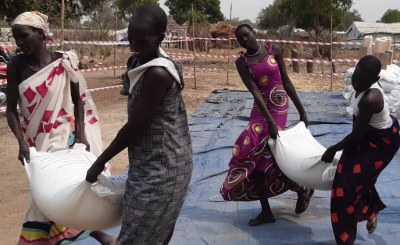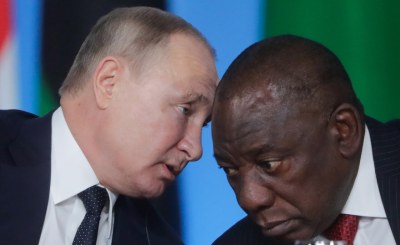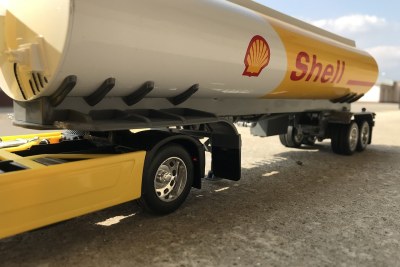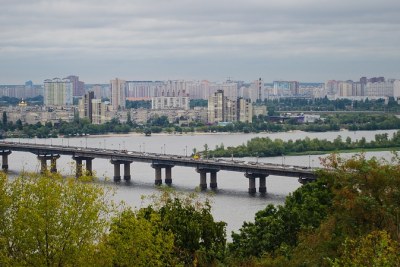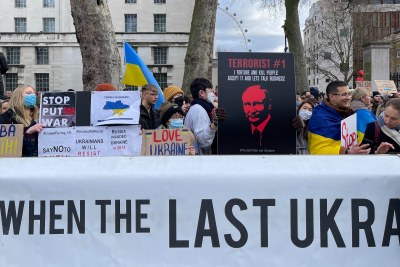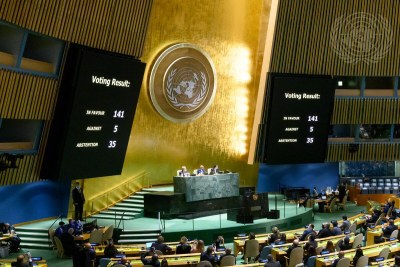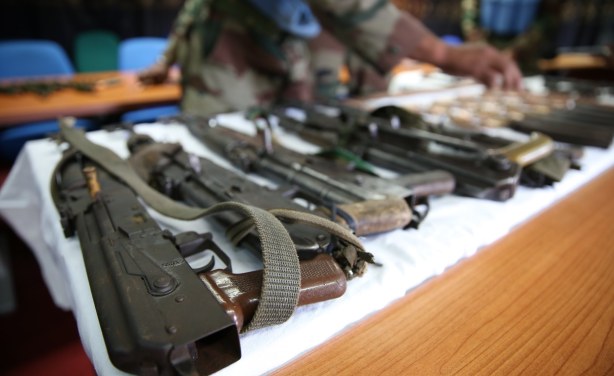-
Africa: Sanctions Against Russia Will Affect Arms Sales to Africa - the Risks and Opportunities
The Conversation Africa, 27 March 2022
Following its invasion of Ukraine, countries of the North Atlantic Treaty Alliance (NATO) imposed comprehensive sanctions on Russia in a bid to cripple its ability to participate… Read more »
-
Africa: Russia Sanctions - New Impetus for Chinese Yuan to Move Up the Reserve Currency Ladder?
The Conversation Africa, 22 March 2022
The invasion of Ukraine by the Russian forces has led to the most aggressive financial sanctions by Western countries against another country in modern history. Read more »
-
Africa: Can China Shield Africa From Fallout of Sanctions Against Russia?
VOA, 9 March 2022
Tall, stately and clad in brightly colored fabrics that stand out against the arid landscape, the women at a U.N. food distribution site in Jonglei state, South Sudan, wait… Read more »
-
South Africa: Ukraine-Russia War - Ramaphosa Undercuts Own Ability to Mediate, Analysts Say
VOA, 22 March 2022
Political analysts say South African President Cyril Ramaphosa has undercut his own utility as a potential mediator of the war in Ukraine with a controversial suggestion that… Read more »
-
Rwanda: How Sanctions Imposed on Russia Could Affect Rwanda
New Times, 2 March 2022
Russia is facing sanctions imposed on it over the ongoing humanitarian crisis in Ukraine. The sanctions include banning Russia from using the SWIFT global inter-bank payment… Read more »
How Russia Sanctions Could Impact Africa's Arms Procurement
Almost half of Africa's imports of military equipment come from Russia. These include tanks, warships, fighter aircraft and combat helicopters, as well as small arms - pistols - and assault rifles such as the new Kalashnikov AK-200 series rifle.
Following Russia's invasion of Ukraine, countries of the North Atlantic Treaty Organization (NATO) imposed comprehensive sanctions on Russia in a bid to cripple its ability to participate meaningfully in the global economy. These included exclusion from the Bank for International Settlements, including SWIFT which facilitates cross-border money transfers messaging.
Russia's suspension from global financial systems will disrupt arms deals with Africa. This presents both risks and opportunities for the continent. The risks include insecurity of supply of essential spares, the disruption of the operational and training plans for the defence forces that are using Russian equipment, and the high cost of sustaining equipment already deployed in operations.
The disruption in the supply value chain due to the sanctions, could facilitate and promote a huge black market in arms transfers. This may be difficult to reverse, even after the end of Russia's war in Ukraine. The wide-ranging sanctions could have serious implications for Africa. Importantly, they could affect the continent's ability to procure and maintain military hardware from Russia.
Many small and light weapons, such as the NATO-standard M16 and M4 assault rifles, sniper rifles, machine guns, and pistols, flooded the black market after the withdrawal of the U.S. from Iraq and Afghanistan.
There's a real danger of black market arms transactions, involving both state and non-state actors, becoming entrenched on the continent, writes Moses B. Khanyile for The Conversation.
InFocus
-
Royal Dutch Shell and Italian energy giant Eni have both declared force majeure on key oil flows from Nigeria, threatening to disrupt supplies in a market that's already ... Read more »
-
In answer to Ukraine President Volodymyr Zelenskyy's call for "like-minded people to come to his country's defence against Russia's invasion" - many young Africans have said that ... Read more »
-
South Africa is scrambling to repair relations with the Kremlin after International Relations and Cooperation Minister Naledi Pandor issued an unusually strong statement calling on ... Read more »
-
African leaders have reacted with concern to the Russian invasion of Ukraine. As African students who are studying in the Ukraine call for help, world markets recoil and global ... Read more »
-
The United Nations General Assembly passed a resolution on the war in Ukraine on March 2, 2022 in which the vote overwhelming supported a call for Russia to wi Read more »

